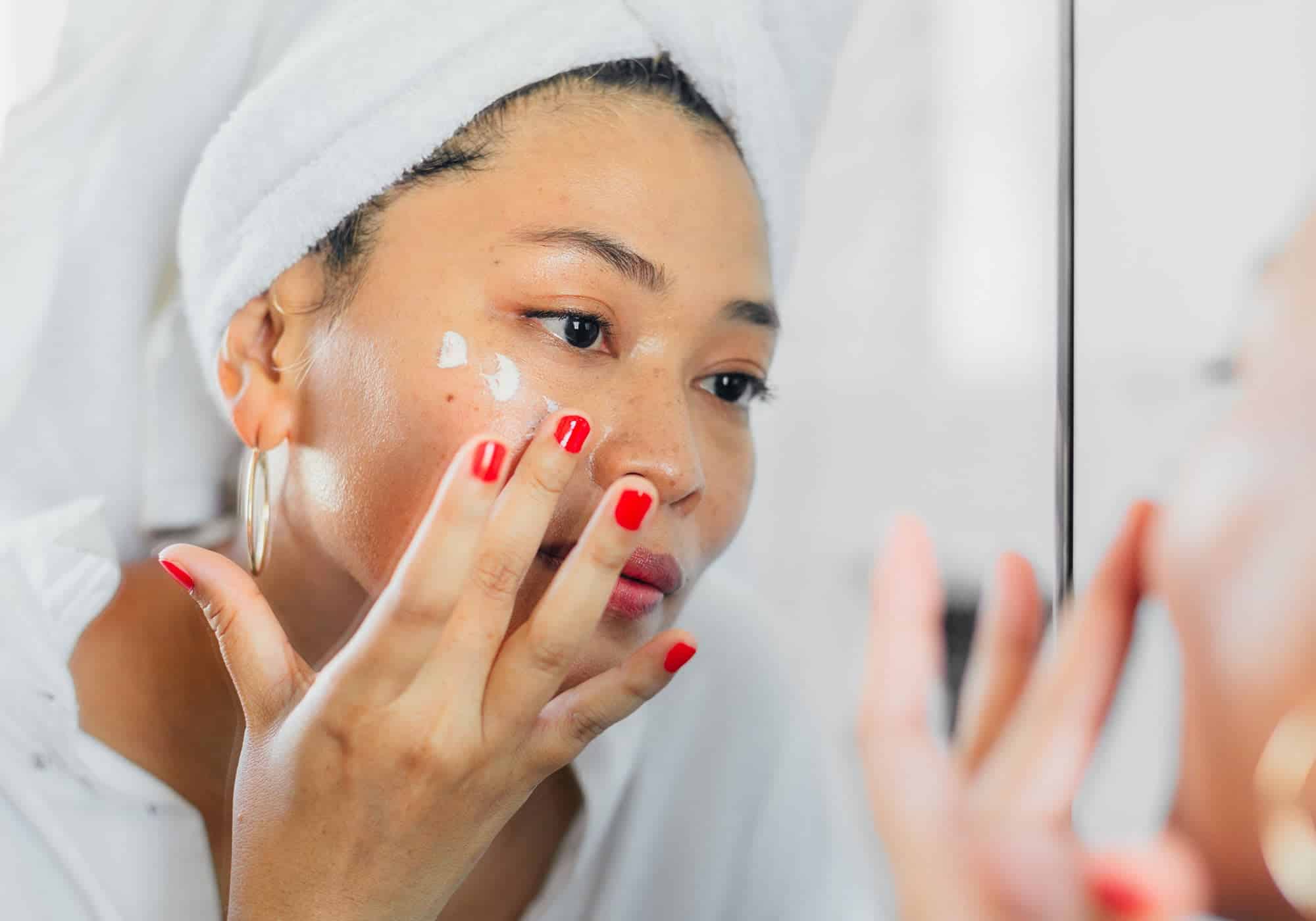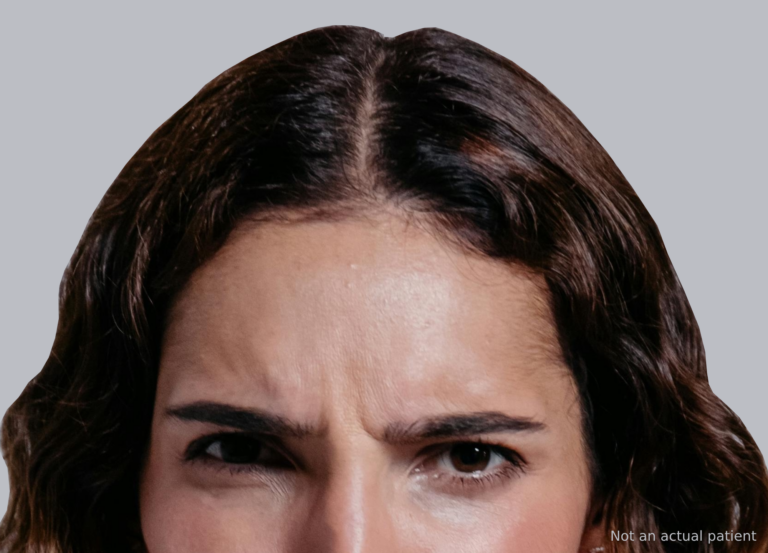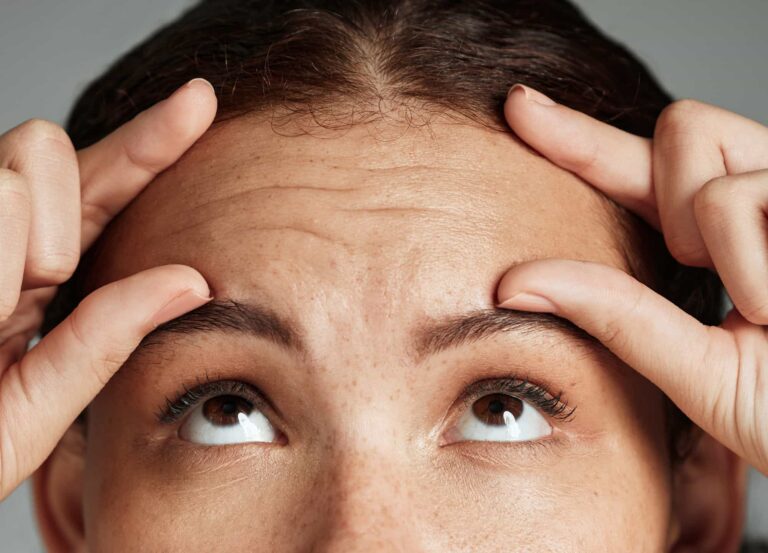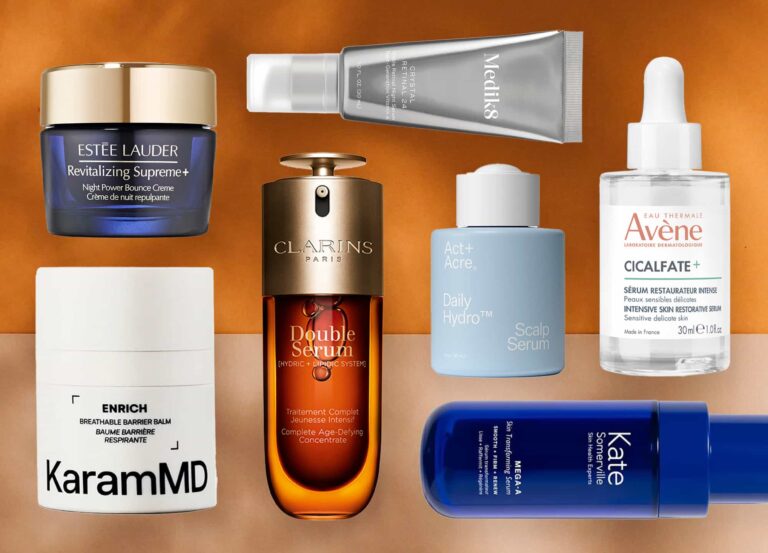Whether you’re a fan of the 10-step skin-care routine or consider yourself more of a minimalist, there are a few types of products that are universally understood as essentials for maintaining healthy skin. For daytime, the application of sunscreen (which should go over an antioxidant serum that guards your skin against free radical damage brought on by environmental stressors) is paramount. As for your nighttime routine, experts say that a night cream is the key to optimal skin health.
Sleep is integral to the health of our skin. “During the day, your skin has its defenses up, to protect you from external aggressors. When you sleep, however, your skin is able to take much-needed time to focus on its own ‘self-care,'” says New York City board-certified dermatologist Dr. Dendy Engelman. “During sleep, skin’s melatonin and human growth hormone [HGH] levels increase, allowing skin to repair itself much faster than it does during the day.” On the flip side, she explains, we lose more moisture through our skin as we sleep (known as transepidermal water loss), which is why it’s so important to properly hydrate while getting some shut-eye.
“Night cream is such an important part of an evening skin-care routine, for many reasons,” says Dr. Engelman. “The ingredients in your night cream give your skin important supplements that help it repair itself. A hydrating, antioxidant-rich, healing formula can allow your skin to further accelerate its natural nighttime processes and help offset any damage done during the day, allowing your skin to accomplish more in the time that you’re asleep. Think of it like giving your skin tools to help it do its job better and faster.” Additionally, it can help to combat transepidermal water loss by locking moisture into the skin.
With that in mind, it’s best to treat the skin with a night cream that not only hydrates but is also packed with other good-for-your-skin actives; Epionce Intensive Nourishing Cream ($114) fits the bill. “Look for products that contain humectants, emollients, and occlusives—it’s important to have all three,” recommends board-certified dermatologist Dr. Hadley King. “And then also consider ingredients that repair and stimulate collagen and elastin and aren’t irritating—it’s best not to use irritating products that will be worn for hours.” She points out that Epionce Intensive Nourishing Cream contains a good combination of all three moisture-boosting ingredients as well as antioxidant-rich ingredients like rosa canina fruit oil, which is packed with vitamin C, and apple fruit extract, which contains high levels of quercetin.
Of course, there’s a variety of different ingredients that are extra beneficial when used overnight. Ahead, the experts outline the six most important ones you should be looking for in your night cream.
Ceramides
One emollient Dr. King is a big fan of for nighttime? Ceramides, which are lipids (or fats) that are found naturally in the outer layers of the skin. They play an integral role in our skin’s protective barrier, simultaneously locking moisture into the skin while upping its defenses against outside damage.
Factors like age and sun damage can deplete our skin’s natural ceramide supply, which is why they’ve become increasingly popular in skin-care products. When applied topically, they help soften and soothe dry skin by filling in the gaps between skin cells. As Dr. King explains, they help support the skin’s barrier function, membrane fluidity, and cell signaling. “This will lead to an overall improvement in skin texture and appearance,” she says. Epionce Intensive Nourishing Cream is formulated with multiple ceramides, to provide a surge of hydration and anti-aging benefits to improve the appearance of photoaged and dull-looking skin.
Shea butter
At the very least, a night cream should be hydrating—which is why both Dr. King and Dr. Engelman recommend opting for a formula that’s rich in shea butter, one of the many moisture-enhancing ingredients found in Epionce Intensive Nourishing Cream. “Shea butter has both emollient and occlusive properties, making it helpful for supporting the skin barrier and locking in moisture,” says Dr. King. However, this often overlooked ingredient does much more than simply moisturize the skin.
According to Dr. Engelman, not only does shea butter contain high concentrations of five essential fatty acids and vitamins to soften skin and strengthen the barrier, but it also has anti-inflammatory properties, to heal and soothe irritation. Plus it’s rich in antioxidants. “Overall, it’s great to include shea butter in a night cream, as it helps compensate for lost moisture through the skin as we sleep, its antioxidant properties aid in repairing UV exposure, and it reduces fine lines and wrinkles by stimulating collagen synthesis,” she says.
Hyaluronic acid
Arguably one of the most popular skin-care ingredients out there, hyaluronic acid (HA) is famed for its moisture-retaining abilities and lightweight, non-oily texture that can benefit those with oily or acne-prone skin in need of hydration. Found naturally in the body, Dr. King explains, HA is a glycosaminoglycan—basically, a sugary-carbohydrate molecule—that’s responsible for holding hydration in connective, epithelial, and neural tissue. “Natural hyaluronic acid binds to collagen and links to water molecules, giving skin its plumpness,” she says. “However, when found in skin-care products, hyaluronic acid can come from synthetic or natural origins.” Dr. Engelman considers it a must-have ingredient to have in a night cream, no matter what your skin type may be. “Most of the skin’s repair and regeneration occurs during sleep, and hyaluronic acid easily penetrates the dermis and best works its magic at night, when the skin is in repair mode,” she says.
However, it’s imperative that when using HA, you use it correctly. “Because it’s a powerful humectant, it’s a great topical hydrator—as long as either the environment is humid or you combine it with emollients and occlusives, to lock in the hydration so it doesn’t pull water out of the skin,” says Dr. King. If it’s, instead, drawing water from deeper layers of the skin to the surface, you’ll end up more dehydrated over time—despite any temporary plumping and smoothing effects. Epionce Intensive Nourishing Cream pairs HA with emollients like shea butter and occlusives such as olive and safflower seed oils, guaranteeing that moisture stays locked in.
Peptides
As Dr. Engelman explains, peptides are chains of amino acids that are the “building blocks” of certain essential skin proteins, such as collagen and elastin. Applying them topically can yield a number of benefits, but they generally have anti-aging and barrier-strengthening effects on the skin. “Using a serum or moisturizer that contains peptides can lead to firmer, younger-looking skin and even fewer breakouts because they aid in skin-barrier protection,” she says. When it comes to night creams, she considers peptides especially beneficial when combined with other actives. “They work in tandem to sustain a healthy skin barrier while mitigating irritation from strong actives,” she says.
Now, there are a lot of different peptides out there, all with different functions, and there are many found in topical skin-care formulations. Some of the more popular ones include Matrixyl (palmitoyl pentapeptide-3), a pentapeptide that Dr. King says has been shown in NIH-backed research to stimulate collagen production, and copper peptides, which she says are thought to enhance skin regeneration, elasticity, and firmness. Epionce Intensive Nourishing Cream contains a hydrolyzed yeast peptide that boosts collagen synthesis and has a firming effect on the skin.
Botanicals
Any nighttime routine can benefit from botanicals—therapeutic plant-based ingredients derived from various herbs, roots, flowers, fruits, leaves, and seeds. “Botanicals, in general, are rich in antioxidants, which can protect the skin from the harmful effects of UV exposure and other external aggressors,” says Dr. Engelman. “Night creams containing botanicals tend to be very efficient, as they prevent inflammation, promote hydration, even out skin tone, and provide anti-aging benefits.”
A key botanical to look out for is algae, a powerhouse ingredient found in Epionce Intensive Nourishing Cream. “Algae is an excellent ingredient that reaps a ton of skin-care benefits—it’s hydrating and revitalizing and helps even out skin tone and reduce acne-related issues,” says Dr. Engelman. “It also improves skin elasticity, making it effective at treating cellulite and signs of aging like fine lines, wrinkles, and sagging.”
Other great botanicals for nighttime use include Centella asiatica (or “cica”), an antioxidant-rich herb that boasts anti-inflammatory, hydrating, and collagen-boosting properties, and green tea, which Dr. Engelman says reduces inflammation, irritation, discoloration, and acne.
AHAs and BHAs
Both Dr. Engelman and Dr. King recommend incorporating alpha hydroxy acids (AHAs) and beta hydroxy acids (BHAs) into your routine, due to their ability to promote cell turnover and improve the skin’s overall radiance. “While both are exfoliants, they’re used to target different skin concerns,” says Dr. Engelman.
AHAs gently dissolve the bonds that hold dull, dead skin cells to the surface of the skin, explains Dr. King. “They help the skin gently shed, revealing smoother, brighter skin underneath,” she says. They also have anti-aging properties, including stimulating collagen production and reducing visible signs of aging such as fine lines, another reason Dr. Engelman considers them key for night creams. “Since they support the skin’s natural moisturizing abilities, they’re better for drier skin types,” she adds. Common AHAs include lactic and malic acids as well as glycolic and mandelic acids.
BHAs, such as salicylic acid, boast similar exfoliating properties to AHAs and promote cell turnover but also have the added benefit of penetrating deeper into the skin. “They’re oil-soluble, so they can penetrate the pores, working on the surface of the skin as well as inside the pore,” says Dr. King. “They’re most often preferred for normal to oily skin prone to acne and clogged pores, as they can help reduce blackheads, whiteheads, pimples, and milia. They also have anti-inflammatory, skin-calming properties, so they’re gentle enough for sensitive skin prone to redness and rosacea.”











